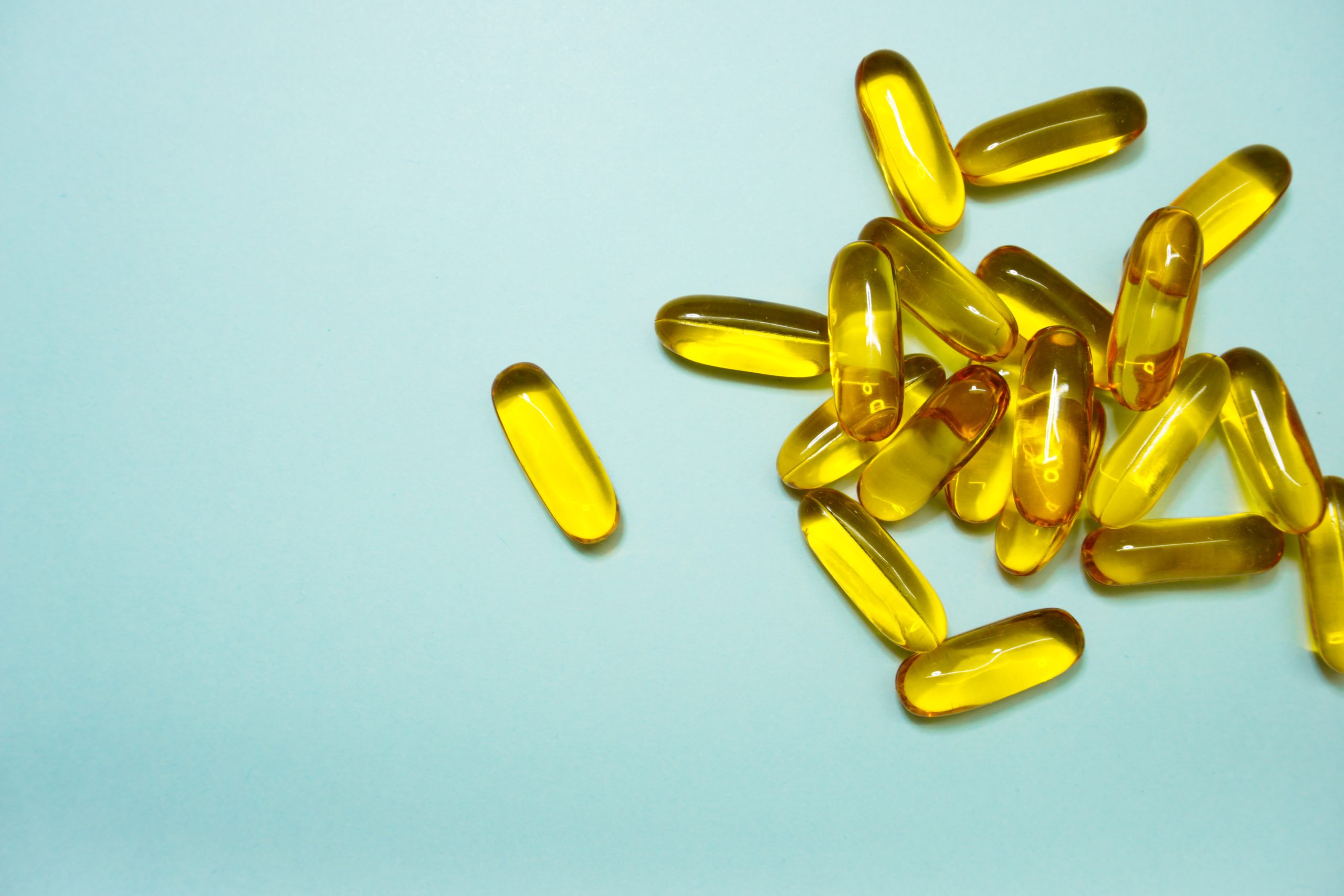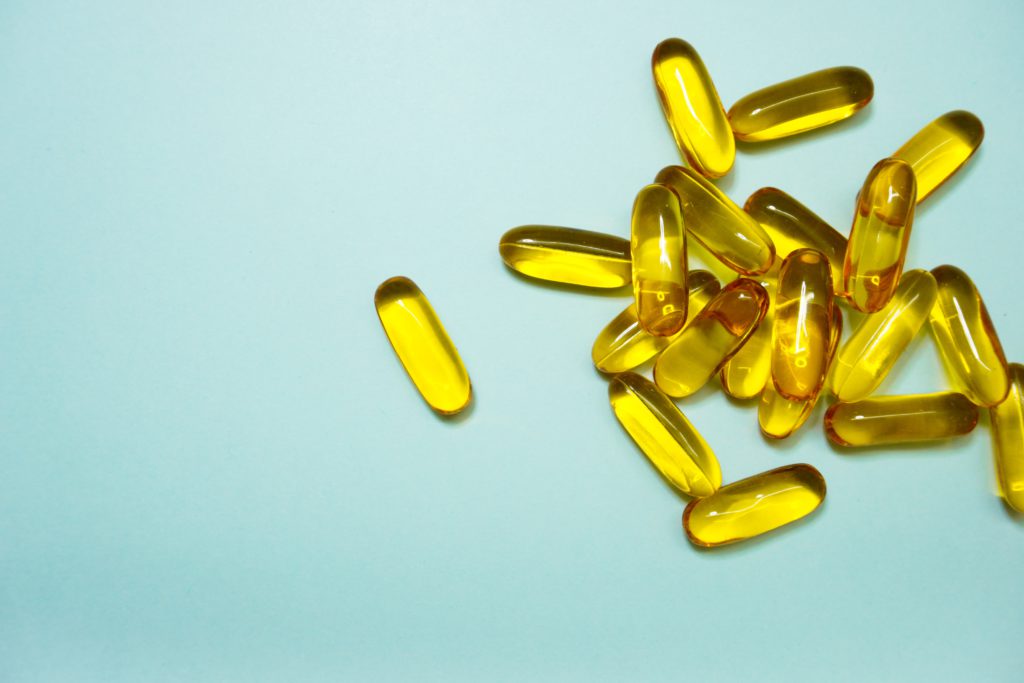In this article, we explore the possibility of N-Acetyl L-Cysteine (NAC) healing fatty liver. NAC is known for its numerous health benefits, acting as a natural antioxidant and detoxifier. By fighting free radicals, supporting liver function, and boosting the immune system, NAC has the potential to improve overall health and well-being. Stay tuned to discover more about the role NAC plays in addressing fatty liver concerns.
What is N-Acetyl L-Cysteine (NAC)?
N-Acetyl L-Cysteine (NAC) is a naturally occurring compound that is derived from the amino acid L-cysteine. It is a potent antioxidant and plays a crucial role in various bodily processes. NAC is known for its ability to support liver health, boost the immune system, and help in the detoxification process.
Chemical composition of NAC
Chemically, NAC is formed by acetylating L-cysteine, which is an amino acid containing sulfur. This acetylation process enhances the stability and bioavailability of NAC in the body. The chemical formula of NAC is C5H9NO3S.
Sources of NAC
NAC is found in certain dietary sources, such as garlic, onions, and cruciferous vegetables like broccoli and Brussels sprouts. However, it is challenging to obtain sufficient amounts of NAC through food alone. As a result, NAC supplements are a popular option to ensure an adequate intake of this beneficial compound.
Properties of NAC
NAC possesses several properties that contribute to its therapeutic effects. It acts as a powerful antioxidant, neutralizing harmful free radicals and reducing oxidative stress in the body. It also supports liver function by promoting detoxification and aiding in the synthesis of glutathione, a vital antioxidant.
Understanding Fatty Liver
Definition of fatty liver
Fatty liver, medically known as hepatic steatosis, is a condition characterized by the accumulation of excess fat in the liver cells. This build-up of fat can impair liver function and lead to various health complications if left untreated.
Causes of fatty liver
Fatty liver can be caused by several factors. The most common causes include excessive alcohol consumption, a high-fat diet, obesity, insulin resistance, and certain medical conditions such as diabetes and metabolic syndrome. It can also result from medications, toxins, and genetic factors.
Symptoms and complications
In the early stages, fatty liver may not present any noticeable symptoms. However, as the condition progresses, individuals may experience fatigue, abdominal discomfort, unexplained weight loss, and jaundice. If left untreated, fatty liver can lead to more severe conditions such as liver cirrhosis, liver failure, and even liver cancer.
Prevalence of fatty liver
Fatty liver has become increasingly prevalent worldwide due to the rise in obesity rates and unhealthy lifestyle habits. It is estimated that approximately 25% of the global population is affected by fatty liver. The condition can affect individuals of all ages, including children and adolescents.

NAC and Liver Health
Role of NAC in liver function
NAC plays a vital role in supporting liver health and function. It aids in the synthesis of glutathione, a potent antioxidant that helps protect liver cells from damage caused by toxins and oxidative stress. NAC also helps in the detoxification process by assisting in the breakdown and elimination of harmful substances from the liver.
Effects of NAC on liver detoxification
NAC promotes liver detoxification by increasing the availability of glutathione, which is essential for the removal of toxins and other harmful substances from the liver. It enhances the liver’s ability to neutralize and eliminate toxins, preventing their accumulation and potential damage to liver cells.
NAC as an antioxidant for liver protection
As a powerful antioxidant, NAC helps protect liver cells from oxidative damage caused by free radicals. Oxidative stress is a significant contributor to liver damage and the development of fatty liver. By scavenging free radicals, NAC reduces inflammation and prevents further liver injury.
Scientific Evidence on NAC and Fatty Liver
Research studies on NAC and fatty liver
Numerous studies have investigated the potential therapeutic effects of NAC on fatty liver. These studies have consistently shown promising results, indicating that NAC supplementation can improve liver health and reduce fat accumulation in the liver.
Effects of NAC on reducing liver fat accumulation
Research has demonstrated that NAC supplementation can reduce the build-up of fat in the liver. It has been shown to decrease liver enzyme levels associated with fatty liver, indicating a reduction in liver inflammation and fat accumulation. NAC has also been found to improve insulin sensitivity, reducing the risk of fatty liver development.
Mechanisms of action
The mechanisms by which NAC exerts its beneficial effects on fatty liver are multifaceted. NAC acts as an antioxidant, reducing oxidative stress and inflammation in the liver. It also modulates lipid metabolism, promoting the breakdown and utilization of fats. Additionally, NAC improves insulin sensitivity, aiding in the regulation of glucose and lipid metabolism.

Potential Benefits of NAC for Fatty Liver
Reduction of liver inflammation
NAC supplementation has been shown to reduce liver inflammation in individuals with fatty liver disease. By reducing inflammation, NAC helps prevent further liver damage and the progression of the condition.
Improvement of liver enzymes
Elevated liver enzyme levels are commonly observed in individuals with fatty liver. NAC supplementation has been found to significantly reduce these enzyme levels, indicating an improvement in liver function and a reduction in liver fat accumulation.
Protection against oxidative stress
Oxidative stress plays a significant role in the development and progression of fatty liver. NAC’s potent antioxidant properties help neutralize free radicals and reduce oxidative stress, protecting liver cells from damage.
Regulation of lipid metabolism
NAC has been shown to modulate lipid metabolism, promoting the breakdown and utilization of fats. This helps in reducing the accumulation of fat in the liver and improves overall lipid profile.
Recommended Dosage and Administration
Safe and effective dosage of NAC
The recommended dosage of NAC for fatty liver is typically around 600 to 1,200 mg per day. However, it is essential to consult with a healthcare provider for personalized dosage recommendations based on individual needs and health status.
Forms of NAC supplements
NAC is available in various forms, including capsules, tablets, powders, and liquid formulations. Each form has its advantages and disadvantages, and it is important to choose a reputable brand and follow the recommended dosage instructions.
Combining NAC with other liver-supportive substances
NAC can be complemented by other liver-supportive substances, such as milk thistle, turmeric, and alpha-lipoic acid. These combinations may enhance the overall benefits for liver health and fatty liver management.

Considerations and Precautions
Possible side effects of NAC supplementation
NAC is generally considered safe when taken within the recommended dosage range. However, high doses may cause gastrointestinal symptoms such as nausea, vomiting, and diarrhea. Individuals with asthma may also experience bronchospasms when taking NAC.
Interactions with medications
NAC may interact with certain medications, such as nitroglycerin, nitroprusside, and activated charcoal. It is crucial to consult with a healthcare provider before starting NAC supplementation, especially if taking any medications.
Contraindications for NAC use
NAC should be used with caution in individuals with a history of kidney stones or kidney disease. It is not recommended for pregnant or breastfeeding women without medical supervision.
Additional Lifestyle Changes for Fatty Liver
Importance of diet and nutrition
A healthy diet is vital for managing fatty liver. A diet rich in fruits, vegetables, whole grains, and lean proteins can help reduce fat accumulation in the liver. It is also important to limit the intake of sugary drinks, processed foods, and saturated fats.
Physical activity and exercise
Regular physical activity and exercise play a crucial role in managing fatty liver. Engaging in aerobic activities, such as walking, jogging, or swimming, can help burn excess fat and improve overall liver health.
Weight management
Maintaining a healthy weight is essential for managing fatty liver. Losing excess weight, especially abdominal fat, can significantly improve liver health and reduce the risk of liver-related complications.
Alcohol consumption and smoking
Excessive alcohol consumption and smoking are detrimental to liver health. It is crucial to limit alcohol intake or abstain completely and seek support for smoking cessation to protect the liver.
Seeking Professional Guidance
Consulting a healthcare provider
Individuals with fatty liver should consult a healthcare provider for an accurate diagnosis and personalized treatment plan. A healthcare provider can assess liver function, recommend appropriate lifestyle changes, and provide guidance on the use of NAC supplements.
Liver-related tests and diagnosis
Liver function tests, imaging studies, and liver biopsy may be recommended to evaluate the severity and extent of liver damage caused by fatty liver. These tests help healthcare providers determine the most effective treatment strategies.
Monitoring progress and adjusting treatment
Regular monitoring of liver function, liver enzymes, and overall health is essential for assessing the progress of fatty liver treatment. Adjustments to the treatment plan may be made based on individual response and changes in liver health.
Conclusion
In conclusion, N-Acetyl L-Cysteine (NAC) shows promising potential in improving liver health and managing fatty liver. Its antioxidant properties, role in liver detoxification, and modulation of lipid metabolism make it a valuable supplement for individuals with fatty liver. However, it is important to consult with a healthcare provider and adopt a holistic approach by incorporating lifestyle changes to optimize liver health. By taking proactive steps and using NAC as part of a comprehensive treatment plan, individuals with fatty liver can enhance their liver function and overall well-being.







